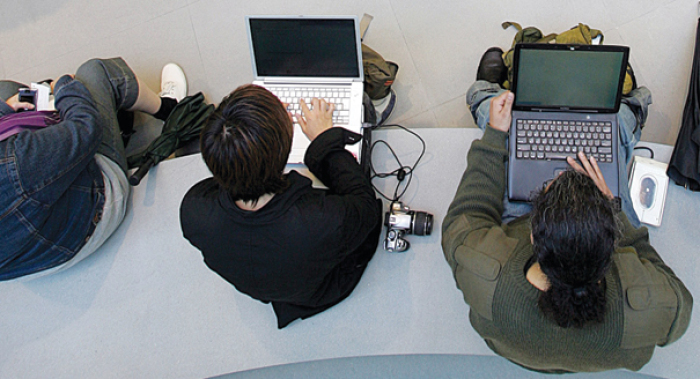Americans Losing Religion Due to Internet, Education, Says New Study
A new study that analyzed available data from the University of Chicago's General Social Survey suggests that increases in college education and the use of the Internet have resulted in a significant drop in religious affiliation of Americans over the last two decades.

The proportion of Americans who say they have no religious preference has increased from 8 percent in 1990 to 18 percent in 2010, according to the study conducted by Allen Downey, a computer scientist at the Olin College of Engineering in Mass.
At the same time, the fraction of Protestants dropped from 62 percent in 1990 to 51 percent in 2010, while the number of Catholics and Jews did not change significantly, and in fact, the fraction of other religions increased from 3.3 percent to 4.2 percent, adds the study titled Religious Affiliation, Education and Internet Use that was published in MIT Technology Review on Friday.
These figures are based on the GSS, which has periodically measured Americans' attitudes and demographics since 1972. The questions in the surveys included "what is your religious preference?" and "in what religion were you raised?"
The study observed that alongside the increase in the percentage of Americans with no religious preference as well as the drop in the fraction of Protestants, the prevalence of Internet use and college education increased during the same period.
The prevalence of Internet use increased from essentially zero to nearly 80 percent, the study shows. And the fraction of the population graduating from college increased from about 17 percent to roughly 27 percent.
The study then sought to ascribe causes to the decline in religious affiliation and specify their extent.
Decreases in religious upbringing between the 1980s and 2000s account for about 25 percent of the observed decrease in Americans' religious affiliation, says the report, explaining that people who are brought up in a religion are more likely to be affiliated to that religion later.
Further, increases in Internet use account for about 20 percent of the observed decrease in affiliation. In the 1980s, Internet use was essentially nil, but in 2010, 53 percent of the population spent two hours per week online and 25 percent surfed for more than 7 hours, it says.
"For people living in homogeneous communities, the Internet provides opportunities to find information about people of other religions (and none), and to interact with them personally," says Downey. "Conversely, it is harder (but not impossible) to imagine plausible reasons why disaffiliation might cause increased Internet use … Internet use decreases the chance of religious affiliation."
Increases in college graduation account for about 5 percent of the decrease in affiliation, the study adds.
It goes on to say that the remaining 50 percent of the decrease in religious affiliation is accounted for by generational replacement, admitting that this explanation raises the question of why, even after accounting for education and Internet use, people born later are more likely to disaffiliate.
"So about half of the observed change remains unexplained," says Downey.





























